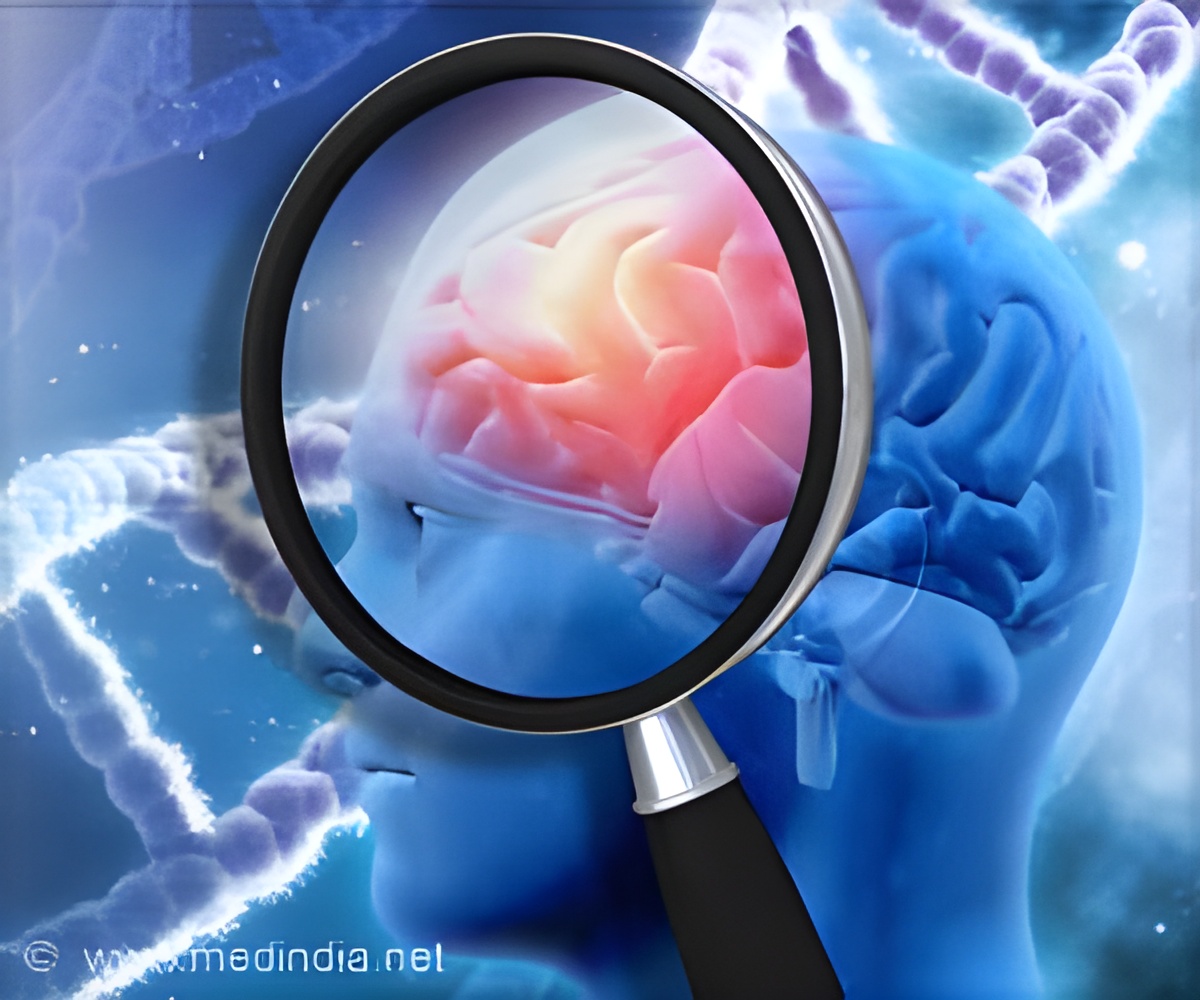Study uncovers the alarming impact of misdiagnosing borderline personality disorder in autistic adults, highlighting the challenges they face in receiving accurate care.

The experiences of autistic adults who were previously diagnosed with borderline or emotionally unstable personality disorder: A phenomenological study
Go to source).
‘Ever heard of a #mentalhealth condition that can make emotions feel like a rollercoaster? Let's talk about #Borderline_Personality_Disorder. #MentalHealthAwareness #BPD’





Borderline Personality Disorder
Borderline Personality Disorder (BPD) is a mental health condition characterized by unstable moods, relationships, and self-image. Individuals with BPD often experience intense emotions that can fluctuate rapidly, leading to impulsive behaviors, fear of abandonment, and feelings of emptiness. These symptoms can significantly impact a person's daily life, relationships, and overall well-being. While there is no cure for BPD, effective treatments, including therapy and medication, can help individuals manage their symptoms and improve their quality of life.Sources and related content
In recent years, a growing number of studies have investigated the connections between autism and BPD, revealing significant overlaps and challenges in distinguishing between these two conditions. Notably, many autistic individuals, particularly women, report being misdiagnosed with BPD.Stigma and diagnostic overshadowing
Participants felt that BPD was a misdiagnosis that introduced significant stigma and diagnostic overshadowing, leading to harmful experiences. The BPD diagnosis often resulted in healthcare professionals neglecting their true condition and imposing treatments that were not only unhelpful but detrimental.Harmful treatments and masking
Treatments for BPD, such as promoting 'masking' of behaviours, were found to be harmful. Masking, or hiding true autistic traits, has been linked to increased suicide risk among autistic individuals. Participants experienced a sense of powerlessness, unable to challenge the BPD diagnosis despite feeling it was inaccurate.The transformative impact of correct diagnosis
Receiving an autism diagnosis was described as "life-changing," offering deep validation and allowing participants to embrace their true selves. The autism diagnosis shifted the focus from trying to change who they are to accepting and supporting their differences, significantly improving their mental health and wellbeing.Advertisement
Barriers to autism diagnosis
Participants faced substantial barriers in accessing autism assessments after being diagnosed with BPD, delaying appropriate support and prolonging their struggles.Comparing stigma
While autism carries societal stigma, it is markedly different from the severe stigma associated with BPD. Autism stigma often questions competence, whereas BPD stigma implies individuals are broken and potentially harmful.Advertisement
Dr. Sebastian Shaw, Principal Investigator and Lecturer in Medical Education at BSMS, said: “This study underscores the necessity of improved autism training for healthcare professionals and recommends considering automatic autism screenings for adults diagnosed with BPD. It highlights that misdiagnosis is preventable with proper training and screening, leading to more accurate diagnoses and better support for individuals.”
Dr. Jessica Eccles, Reader in Brain-Body Medicine and Neurodevelopmental Psychiatrist said: “This study shows how important it is that we realise that autism is every mental health clinician’s business and will hopefully lead to further much needed research at the intersect between neurodevelopmental and mental health conditions.”
The researchers have also called for further studies to explore the generalisability of these findings and to understand the perspectives of clinicians working in this area. This study amplifies the voices of autistic individuals, promoting positive changes in mental health services and preventing future misdiagnoses.
Reference:
- The experiences of autistic adults who were previously diagnosed with borderline or emotionally unstable personality disorder: A phenomenological study - (https://pubmed.ncbi.nlm.nih.gov/39258830)
Source-Eurekalert















